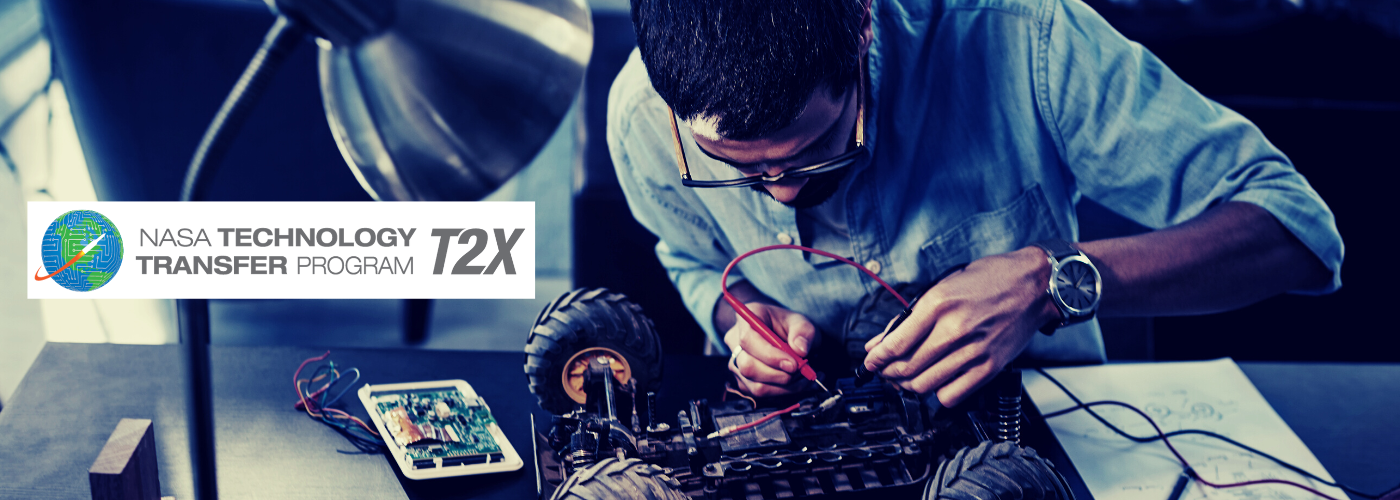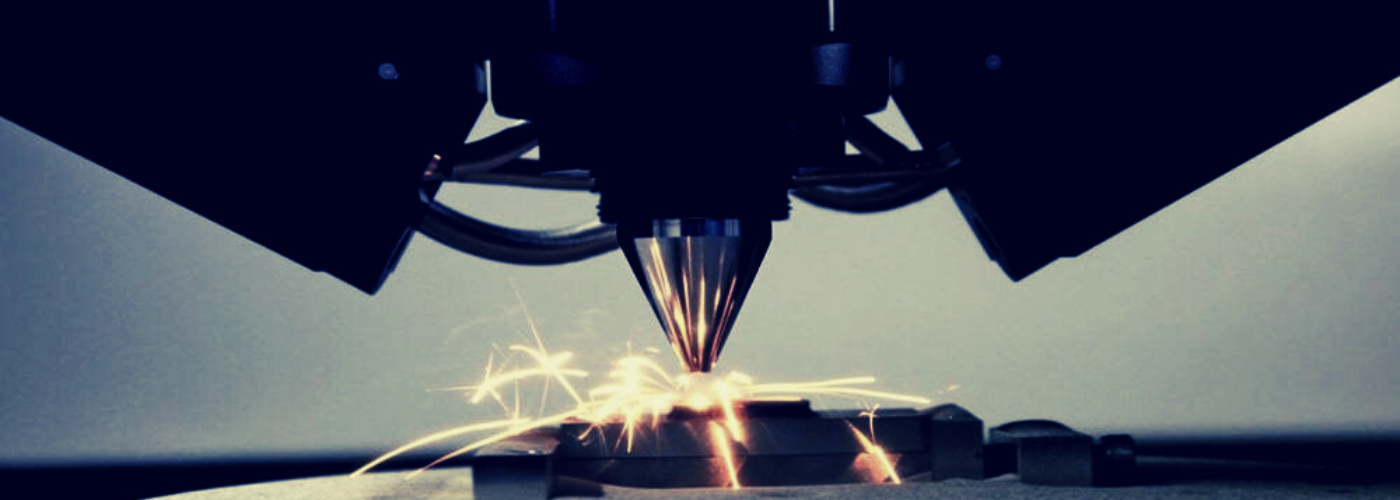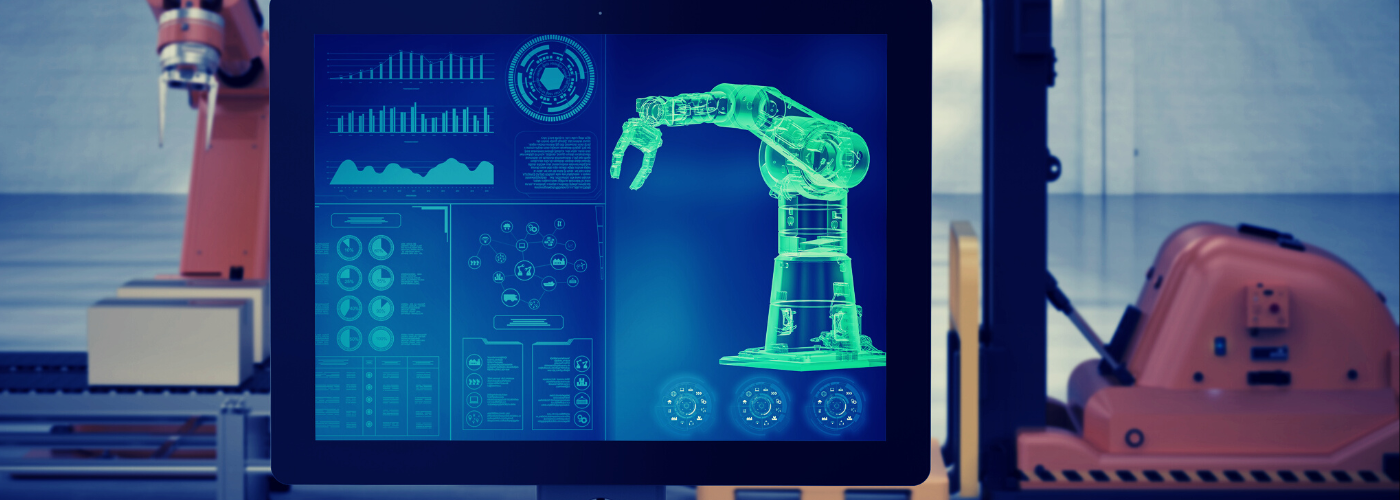
The FDA’s Food Safety Modernization Act required that each FDA-registered food facility have a PCQI-certified designate responsible for developing, overseeing, and managing the organization’s food safety plan. The FDA recognizes this course as meeting the requirements to become a Preventive Controls Qualified Individual (PCQI). Individuals completing this training will receive a certificate from the Food Safety Preventive Controls Alliance (FSPCA).
How It Can Help
Become a Preventive Controls Qualified Individual (PCQI).
Detailed Description
The FDA’s Food Safety Modernization Act required that each FDA-registered food facility have a PCQI-certified designate responsible for developing, overseeing, and managing the organization’s food safety plan. The FDA recognizes this course as meeting the requirements to become a Preventive Controls Qualified Individual (PCQI). Individuals completing this training will receive a certificate from the Food Safety Preventive Controls Alliance (FSPCA).
How Much Does It Cost?
$995/person (includes instruction, text, training materials, and AFDO-registered training certificate). Custom Fit funding support is available to support 40% of eligible companies’ course/certification costs, making this training only $597/person.
What Can I Expect?
Classes run as needed.
Location:
SLCC Miller Free Enterprise Center
9750 South 300 West
Sandy, Utah 84070
How To Get Started
Contact Ashley Schultz: aschul23@slcc.edu
Download PDF

 NASA Technology Transfer Expansion (T2X) accelerates the commercialization of NASA-developed technology and new venture creation through strategic partnerships, entrepreneurship activities, and engagement with academia.
NASA Technology Transfer Expansion (T2X) accelerates the commercialization of NASA-developed technology and new venture creation through strategic partnerships, entrepreneurship activities, and engagement with academia. Laser powder bed fusion (LPBF) is an additive manufacturing (AM) technology that uses a laser to melt metal powder layer-by-layer locally according to a user-supplied CAD model. The final product is a three-dimensional part intended to replicate the user-supplied CAD geometry. Various metal types are available, and parts are limited to 170mm diameter x 200mm height.
Laser powder bed fusion (LPBF) is an additive manufacturing (AM) technology that uses a laser to melt metal powder layer-by-layer locally according to a user-supplied CAD model. The final product is a three-dimensional part intended to replicate the user-supplied CAD geometry. Various metal types are available, and parts are limited to 170mm diameter x 200mm height.




